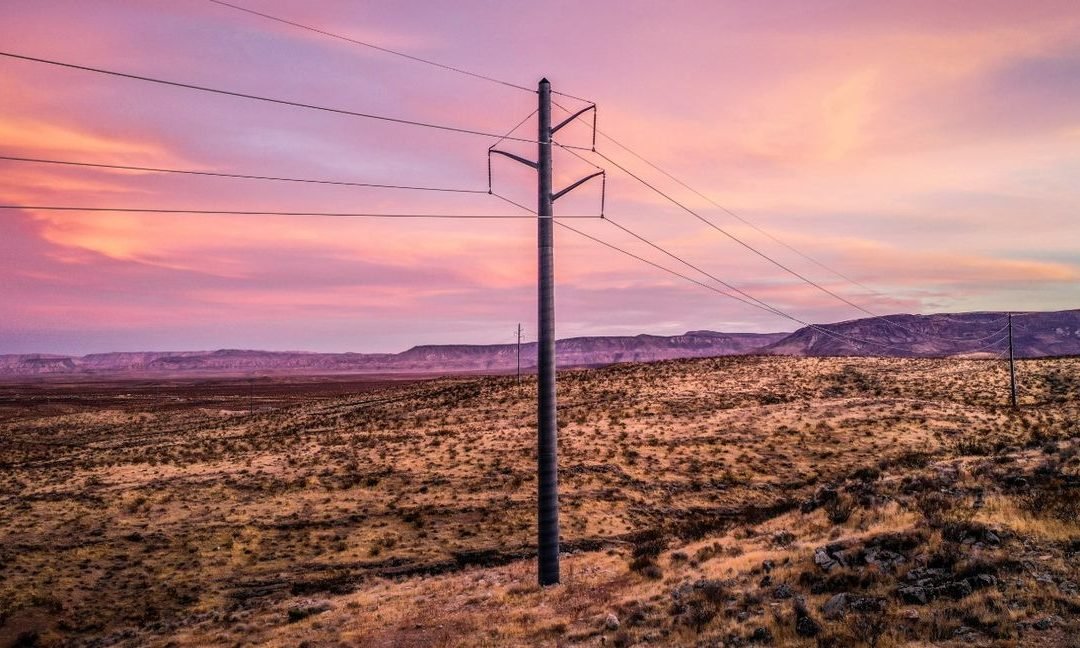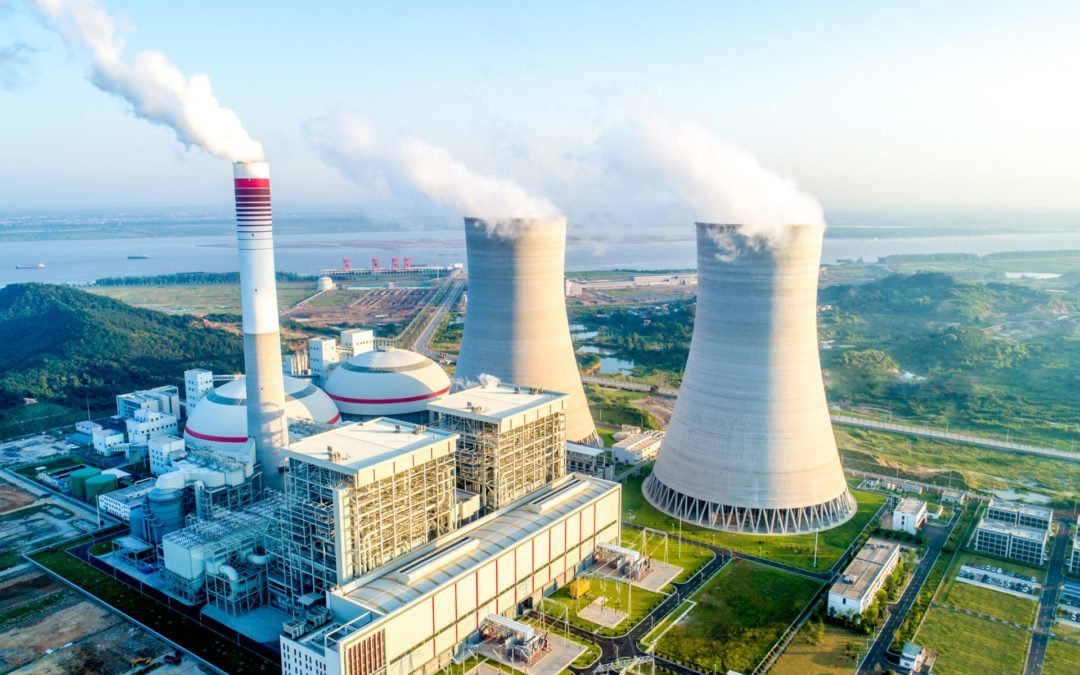
Redefining Grid Hardening
Redefining Grid Hardening
Climate change continues to drive extreme weather, and more than ever the focus is on grid resiliency. But “hardening” the grid requires more than just replacing worn out equipment.
A recent article in Utility Dive discussed the need for proactive investment in resilient materials and technology, anticipating the need as extreme weather events continue to increase in frequency. The use of composite materials, like fiber reinforced plastic, is just one part of that investment. It may prove to be worthwhile for utilities, municipalities, and electric cooperatives. Click below to read the full article.

